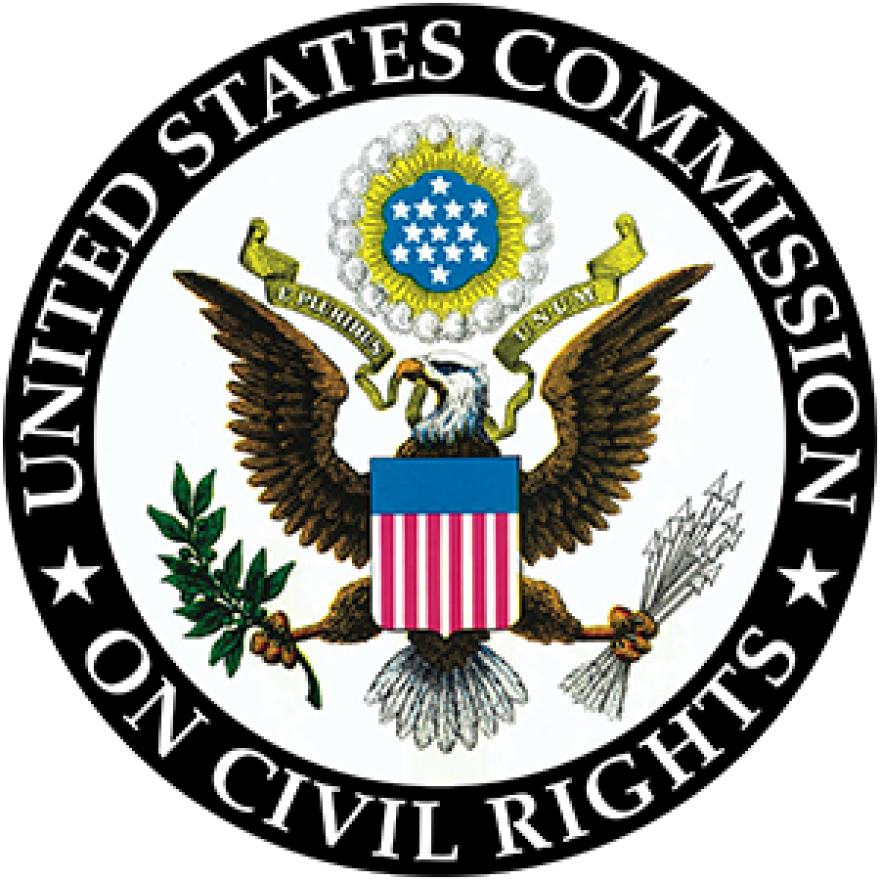Advocates for Native and disabled people say it’s difficult to get to the polls to exercise their right to vote.
They shared their voting experiences with the South Dakota State Advisory Committee to the U.S. Commission on Civil Rights earlier this week.
The conversation was part of a federal effort to better understand discrimination and denial of legal protections around voting.
Rep. Shawn Bordeaux is a Democrat from Mission. He said as a state legislator he tried to pass a law that allows tribal ID’s as accepted identification to vote.
“I don’t think the State has the appetite to make some of these changes, and I think they’re happy leaving things the way that they are,” Bordeaux said.
Some reservations in South Dakota are larger than the smallest states in the U.S. Bordeaux said that distance can prevent Native people from making it to polling locations.
“In our communities, like on the Rosebud (Reservation) which spans two-thousand square miles and includes five counties, this is difficult for our voters who have to travel long distances, some may not even have transportation at all,” Bordeaux said.
Another panelist was Native voting rights advocate Dustina Gill. She provides transportation to polling locations, and said a lack of Native poll workers in South Dakota contributes to feelings of discomfort while voting.
Kellen Returns From Scout is finance director for the Great Plains Tribal Chairman Association. He compared the travel faced by reservation voters to a contemporary poll tax.
“In our analysis of all our data it seems to us that the real cost of voting in our tribal communities, specifically in Todd and Oglala Lakota (Counties), where their county auditors and county seats to conduct their official business are in neighboring counties, in our opinion that equates to a poll tax," Returns From Scout said. "When you put the cost of gasoline to travel and a round-trip distance between tribal communities and those county seats, put all that together you come out with a poll tax.”
Disability activist C.J. Moit said the state’s current absentee ballot system is unfriendly to individuals with print disabilities, such as visual impairment or learning disabilities.


